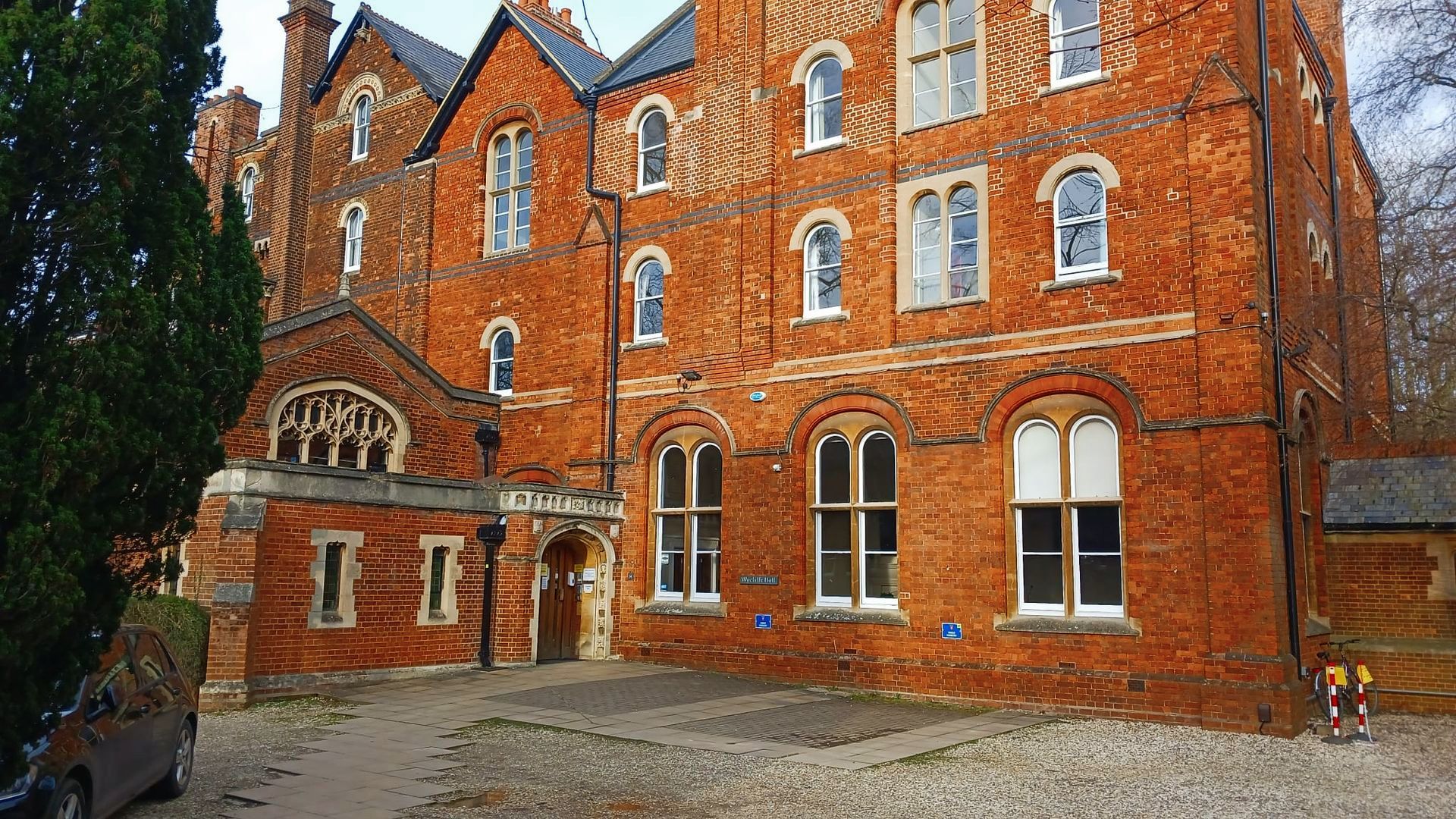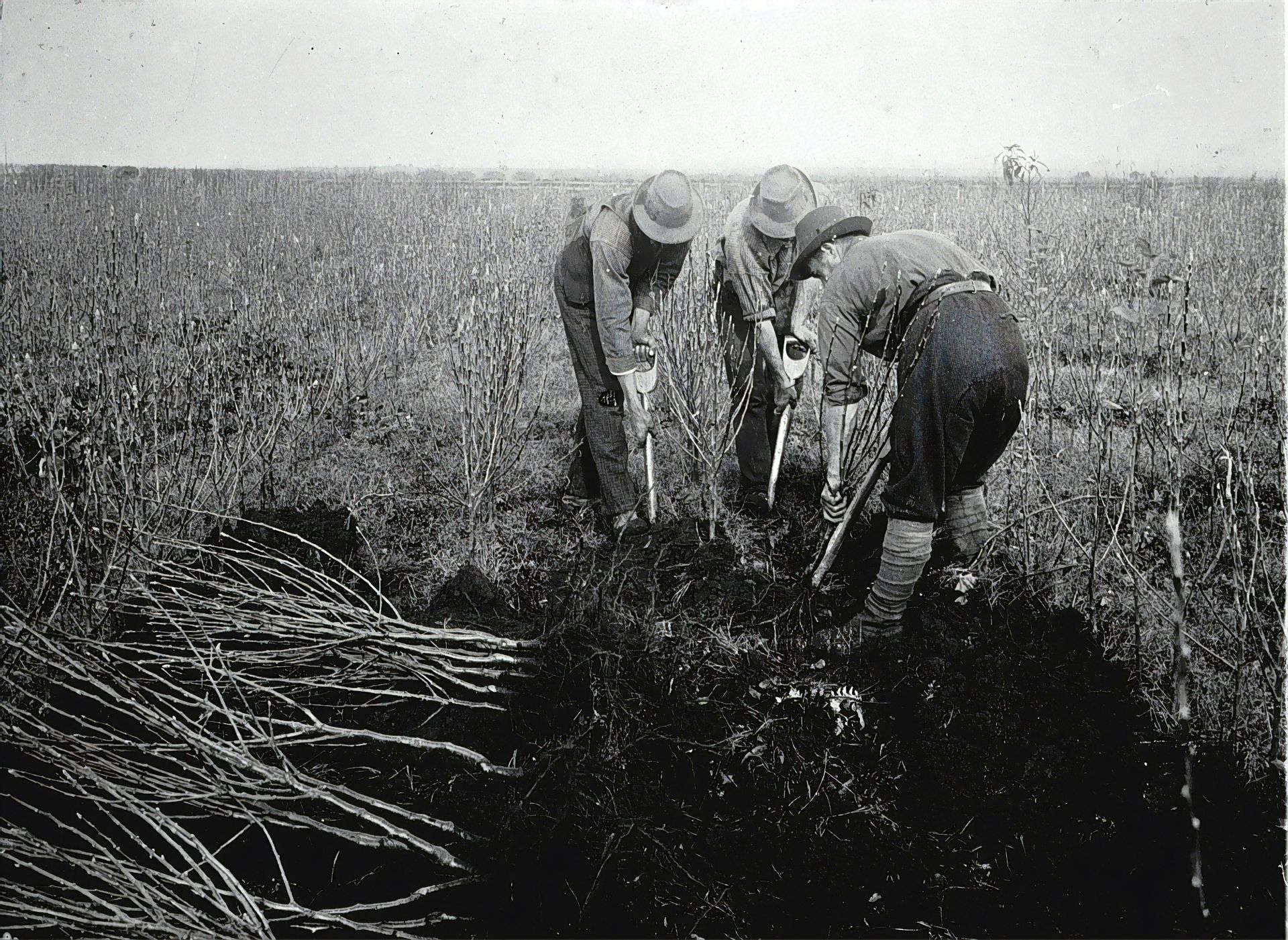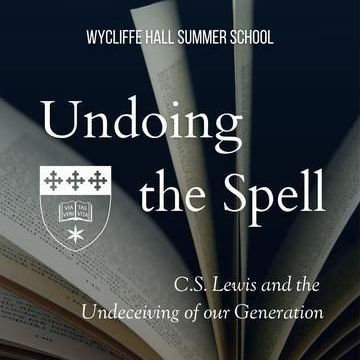Stephen and I are moving back to Oxford later this year so I can take up a role teaching at Wycliffe Hall. For those that don’t know—Wycliffe Hall is a Permanent Private Hall of the University of Oxford (much like a college) and is a residential theological college (aka seminary) for the Church of England. It was founded in 1877 and as well as training future clergy for the Church of England and beyond, it also has graduate programmes and theology courses for people to take. It has a rather exciting vision to help launch a “New Renaissance” and be at the forefront of being a Christian voice and witness in the arts and social sciences—something it’s uniquely situated to do being located in a place like Oxford.
This is a really exciting move for me as it also happens to be where I did my undergraduate BA in Theology many years ago. One of things I most appreciated about the Hall was that it neither compromised on being a place of learning or of worship. It is both Christ-centred and intellectually rigorous.
I’m going to be taking up a hybrid role, both academic and ministerial, so hopefully combining both of the vocational hats I wear as a priest and a biblical scholar. I will be sharing the teaching of the Old Testament with their current OT tutor, Dr John Screnock, and then I will be teaching preaching and other pieces where biblical studies and ministry intersect, helping students think through the biblical foundations of different aspects of Anglican ministry.
***






